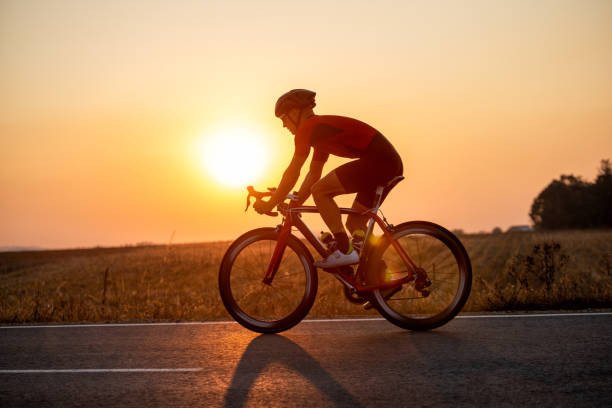It’s no Longer a Secret: Exercise has Health Benefits. Incorporating occasional cycling into one’s routine strengthens the immune system, lowers disease incidence, increases lifespan, and reduces the risk of cancer development. This observation was recently substantiated by a scientific study published in the British Journal of Sports Medicine.

Within the scope of the study, over one million Swedish soldiers who served between 1968 and 2005 were followed for a period of 33 years. During their military service, regular assessments of their physical condition were conducted through exercise tests.
The vast amount of collected data and the extended follow-up period allowed researchers to identify remarkable patterns. For instance, they managed to establish connections between the soldiers’ physical fitness and the development of specific types of cancer.
Reduced Cancer Risk
The study concluded that there is a strong correlation between poor physical fitness and cancer. “Higher fitness is associated with a lower risk of head, neck, esophageal, stomach, pancreatic, liver, colon, rectal, and kidney cancers.”
However, there’s also less positive news. The number of cases of prostate cancer and malignant skin cancer was significantly higher among those who had better physical condition.
Regarding skin cancer, researchers have a straightforward explanation. “Those in better shape are more frequently exposed to UV radiation (e.g., cycling outdoors in the sun).”

In the case of prostate cancer, there is no demonstrable link with physical fitness. Researchers suspect that increased prostate cancer screening might be the basis. “Some individuals are more likely to undergo testing and therefore get a prostate cancer diagnosis more quickly. But that doesn’t mean they have a lower risk of prostate cancer.”
Sports are healthy
Finally, the researchers emphasize once again that the increased risk of skin cancer does not outweigh the health benefits of cycling. And, of course, they also underline the importance of sunscreen for protection against UV radiation from sunlight.


